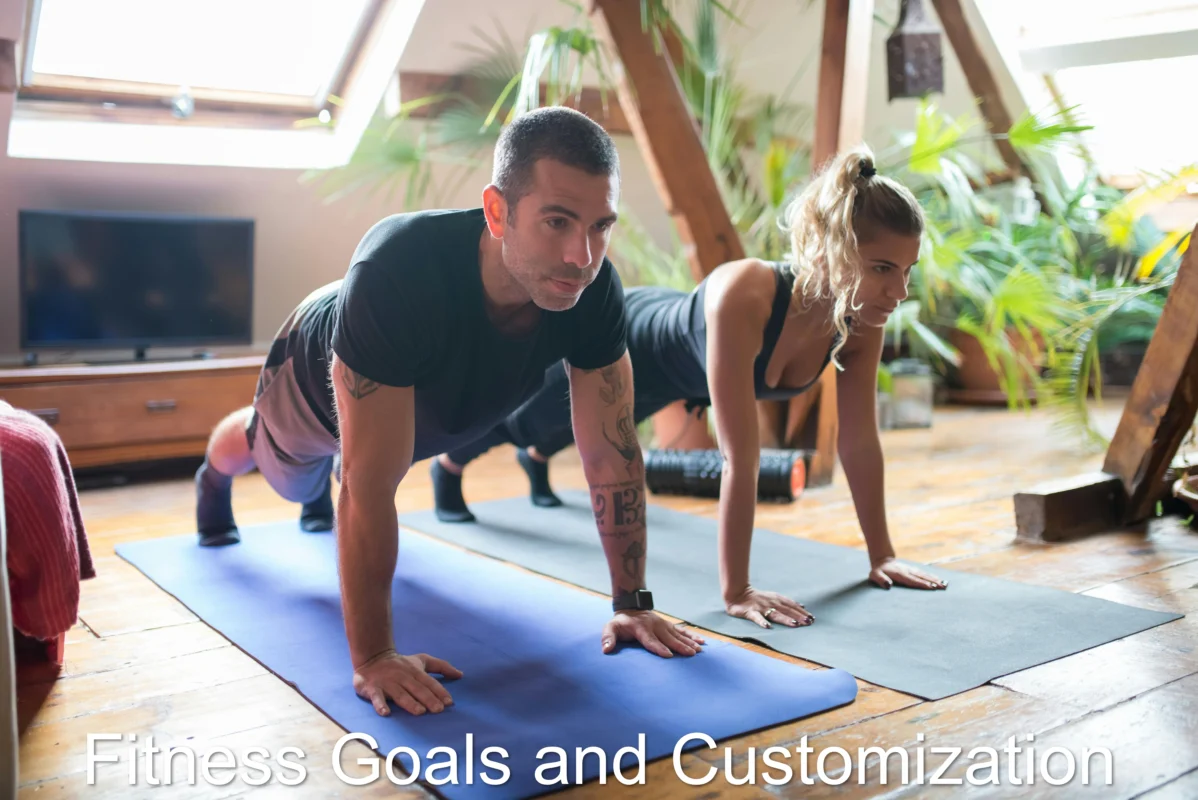How To Choose the Right Personal Trainer for Your Fitness Goals

Choosing the right personal trainer can mean the difference between making progress and engaging in unproductive exercises that yield no positive results. A qualifi trainer should focus on more than repetitions or hard work. They understand your needs, create a tailor approach, and help you reach your fitness goals. Here are a few ways to find a trainer who suits your needs:
Fitness Goals and Customization
To help you find an ideal trainer, first decide what your desire outcome is. Different goals require separate approaches, which is why you need a personal trainer who understands how to adjust their methods. If your goal is to lose fat, you need a personal trainer who offers strength training, cardio, and nutrition advice. Focus on someone who understands resistance training and progressive overload to build muscle. Matching the trainer’s expertise with your goal may help you achieve long‑term results.
An experience trainer designs a personalize program that aligns with your fitness level, health history, and schedule. They avoid using the same program for every person since people will have different needs.
A skill trainer knows how to assess your starting point and build from there. As you get stronger and more confident, your trainer should evolve the program with you. This means adding new exercises, increasing resistance, or focusing on new areas as your priorities change.
Someone who knows how to adjust a program will keep it challenging and rewarding, making sure you continue making progress over time.
Experience and Coaching Style
Look for a trainer who has work with people pursuing similar goals but of varying body types and fitness levels. This type of trainer may have a deeper understanding of how to approach each person’s unique needs.
Experience includes knowing how to motivate different people and understanding when to adjust a program. An experience trainer will spot signs of strain and discomfort so they should make sure that exercises support progress instead of causing setbacks.
They can also help you set realistic expectations, which makes the process rewarding.

Availability and Flexibility
Find a trainer who is able to work within your schedule and adjust when needed. A flexible trainer can help you stay committee despite unexpect changes, and they understand that long‑term success depends on making fitness align with your lifestyle.
They may avoid having you conform to a rigid schedule which allows you to have flexible appointments. A good trainer should adjust the workout itself base on your energy levels, external demands, or constraints that arise.
Sometimes this means focusing on recovery exercises when you’re tire or shifting to strength exercises when your routine allows for it.
Look for the Right Personal Trainer
A good trainer understands your fitness goals, has experience working with clients like you, and can customize a program to match your needs. They track your progress and adjust your routine as you get stronger or overcome setbacks. They also offer flexible scheduling that fits your lifestyle. Contact a reputable personal trainer today and start working toward the results you want.

